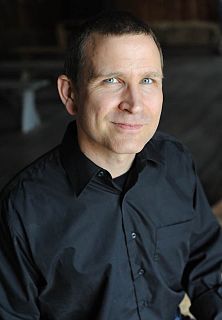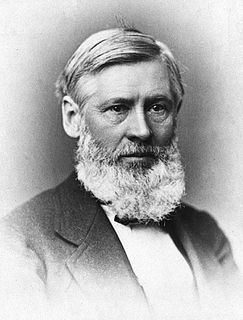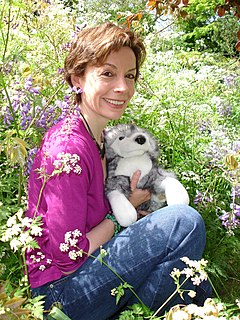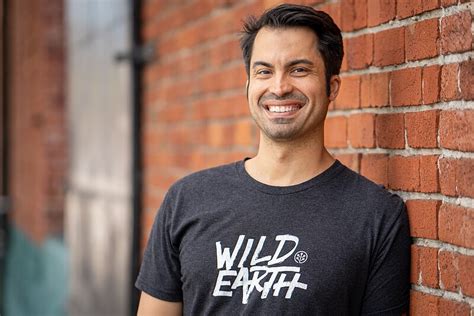A Quote by Marston Bates
The world of organisms, of animals and plants, is built up of individuals. I like to think, then, of natural history as the study of life at the level of the individual-of what plants and animals do, how they react to each other and their environment, how they are organized into larger groupings like populations and communities.
Related Quotes
Yes, all of life is sacred, including plants; and yes, there is research that demonstrates that plants have feelings - they feel it when their leaves or stems are ripped - and there is scientific evidence that while plants do not have brains and nervous systems like animals, they nevertheless actively work to ensure their survival - they want to live, thrive, reproduce, evolve.
Plants don't think. Animals are guided by the power of instinct over which they themselves have no control. Animals have a certain kind of brain that makes it impossible to learn anything except very simple things. No generation of animals ever learns anything from any previous generation. We act like animals when we fail to use this magnificent piece of equipment.
It is the forces of the universe that make human beings fall ill. Having learnt to recognize how sun qualities and moon qualities live in plants, animals and minerals, we discover how we can find counterforces and also individual natural forces that point us towards medicines for specific internal illnesses.
Scientists have been saying, for an awfully long time, that we're all interconnected. Scientists would use the word 'ecosystem' to express that idea. Obviously, people can't survive without air and water, and we rely on plants and animals for food, and plants and animals rely on us to preserve their habitats.


































